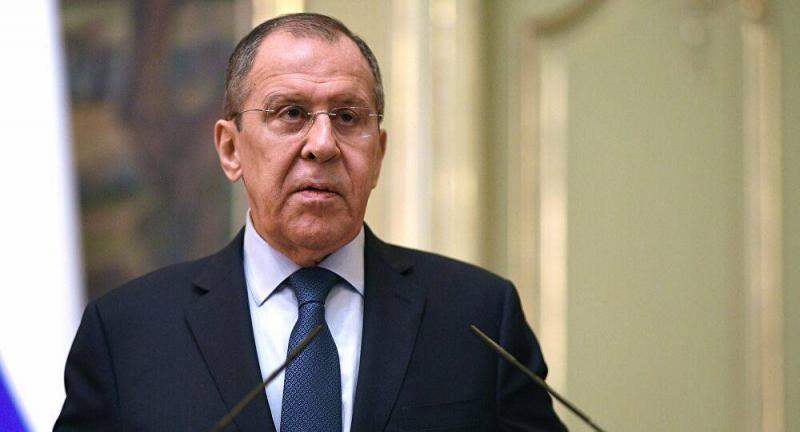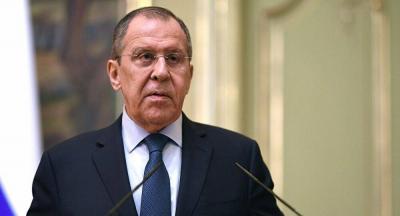Russian Foreign Minister Sergey Lavrov stated on Thursday that the road is still long before reviving the nuclear agreement with Iran, which was signed in 2015. Indirect talks between Iran and the United States aimed at saving the agreement resumed on Tuesday after a ten-day pause, but the envoys revealed little about how close they are to resolving many contentious issues.
For her part, German Foreign Minister Annalena Baerbock said today that the nuclear talks with Iran have entered a "final stage." She added that, despite Israeli reservations, a return to the nuclear agreement would make the region safer. Baerbock spoke at a joint press conference in Tel Aviv with her Israeli counterpart Yair Lapid, who stated that he and Baerbock discussed the nuclear negotiations and presented Israel's position, "that a nuclear Iran is not just a danger to Israel, but to the entire world." Lapid added that Iran "exports terrorism from Yemen to Buenos Aires," and that the agreement must consider its regional aggression.
Baerbock clarified that she is "convinced that a full restoration of the nuclear agreement will make the region more secure.. otherwise, we wouldn't be having such talks." She mentioned that the negotiations with Iran have reached a "very critical point," and it is important for Iran to return to the negotiating table "willing to reach a compromise without excessive demands."
This comes as White House Press Secretary Jen Psaki mentioned to reporters on Wednesday that the talks with Iran have reached a turning point, and it will be impossible to return to the nuclear agreement with Iran if a deal is not reached in the coming weeks. Psaki said, "The agreement that addresses the fundamental concerns of all parties is no longer far off, but if it is not reached in the coming weeks, Iran's continuing nuclear progress will make it impossible for us to return to the Joint Comprehensive Plan of Action," referring to the official name of the 2015 nuclear agreement.
Meanwhile, Mikhail Ulyanov, Russia's envoy to international organizations in Vienna, stated yesterday that he met with EU coordinator for the nuclear talks with Iran, Enrique Mora, and they agreed on the need to intensify negotiations and explore new ways and means to resolve the remaining outstanding issues to pave the way for a return to the nuclear agreement.
Negotiations over Iran's nuclear file resumed on Tuesday in Vienna, with all parties publicly aiming to reach an agreement as soon as possible. The last negotiation session took place at the end of January, and the delegations left Vienna amidst calls for "political decisions" after the "progress" made earlier in the year, which allowed them to break free from a prolonged deadlock.
The discussions began in the spring of 2021 between Iran and the remaining parties to the agreement: Germany, China, France, the UK, and Russia, while the Americans participate indirectly. Washington withdrew from the agreement during Donald Trump's administration in 2018, three years after it was signed, re-imposing sanctions on Iran, which responded by gradually retreating from most of its commitments under the agreement.
The current negotiations aim to allow Washington and Tehran to simultaneously return to compliance with the agreement, which is supported by current U.S. President Joe Biden. However, time is running out, as experts indicate that the Iranians have significantly deviated from the constraints imposed by the 2015 agreement to the point where they are just a few weeks away from having enough fissile material to build a nuclear bomb.




